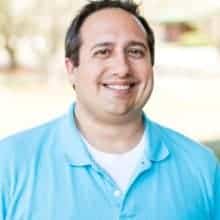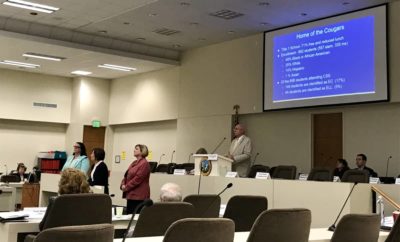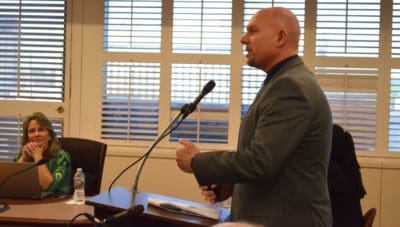Think back to your time in high school. What were the four core classes that you were taught every single year throughout your education? Chances are, you identified Math, Science, English, and Social Studies. Now, would it surprise you that in the state of North Carolina, based on the courses chosen by our General Assembly, only 3 of those 4 core subjects are calculated into whether the entire high school demonstrates growth among their students and improves as a school? Students take an End-of-Course exam in only Math 1, English 2, and Biology. These tests measure both individual student growth and growth as an entire school, meaning in essence, “how much has that teacher (or school) improved the education of that individual student in that particular class”.
However, Social Studies is the only core area that is not represented at all in calculating the effectiveness of a school, based on the growth of a student. The question for our General Assembly is, why? Have they forgotten the importance of history in the development of students? Have they forgotten the importance of history in making our state what it is today? Should we even continue to teach history in public schools if they treat it as this insignificant?
First, let me explain that I am not an advocate for the extreme amount of standardized testing that students are already forced to partake in. However, while students are over-tested, I also understand that the data derived from tests can and should help to drive the focus of schools. And no, I do not believe that Social Studies should ever cease to be a major part of a student’s education. In fact, with one change by our General Assembly, adding an End-of-Course exam to the American History: Founding Principles, Civics, & Economics curriculum, I think North Carolina can not only show their dedication to a Social Studies education, but also create a more fair and balanced way to evaluate schools.
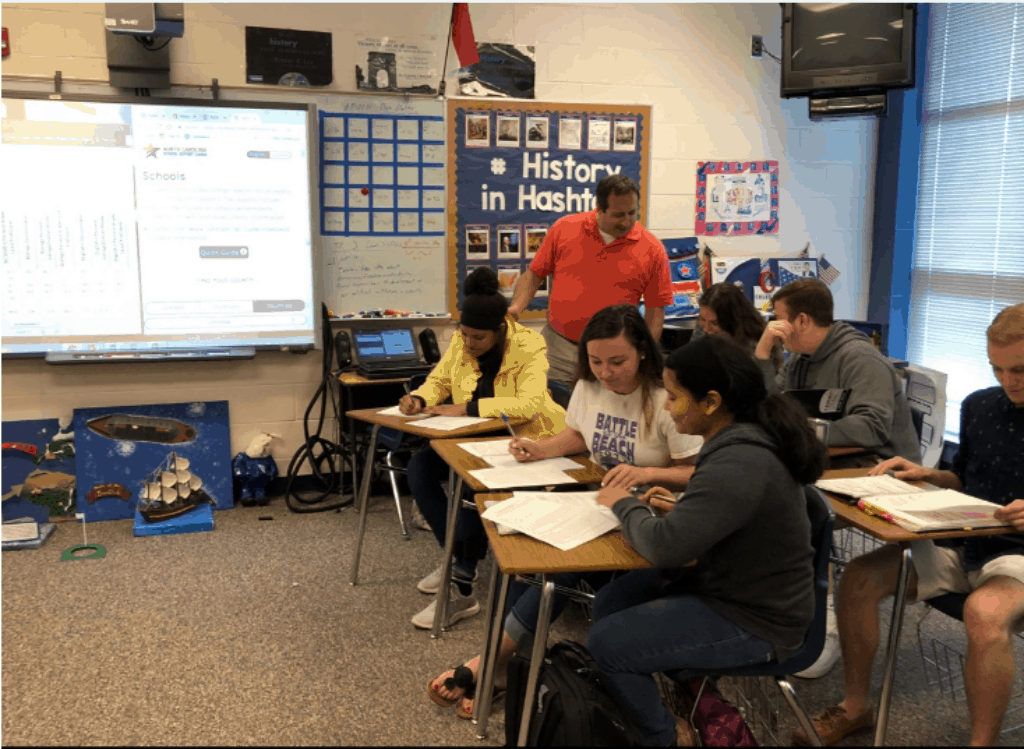

As a teacher, I like to know that what I am doing is making a difference both for the students and for the school. I also like to think that I am very good at my job. For each of the past 17 years, my students exhibit high growth on standardized tests. My Advanced Placement scores are fantastic. I was the 2015-16 Swansboro High School and Onslow County Teacher of the Year. However, even with my credentials, since I teach Social Studies, I do not factor at all into whether my school as a whole “meets growth”. The only subjects that count at all towards school growth are Math 1, English 2, and Biology. As a Social Studies teacher who teaches mainly AP US History to juniors and Civics to seniors, I have zero impact in the measurement of my school’s growth. The classes that currently factor into growth have been completed before students reach me. I have zero impact in changing my school’s growth value.
Likewise, I have little impact in the School Report Card. Each year, North Carolina’s Department of Public Instruction follows guidelines set by the NC General Assembly to create a ‘grade’ from A-F for each school. The School Report Card uses a combination of 80% achievement and 20% growth calculated by the same three EOC courses, Math 1, English 2, Biology. While it also includes other factors in the calculation, again, Social Studies courses are left out entirely. I have minimal to no impact on both my school’s growth and School Report Card.
While it is something that our General Assembly can’t change, the ACT and SAT tests given throughout the nation are yet another way that Social Studies are being devalued. The ACT evaluates English, Math, Reading, and Science. Social Studies appears nowhere on the test except maybe as a reading passage. The SAT continues the trend, focusing on only Math, Reading, and Writing. The lack of focus on Social Studies by our nation is a travesty for our education.
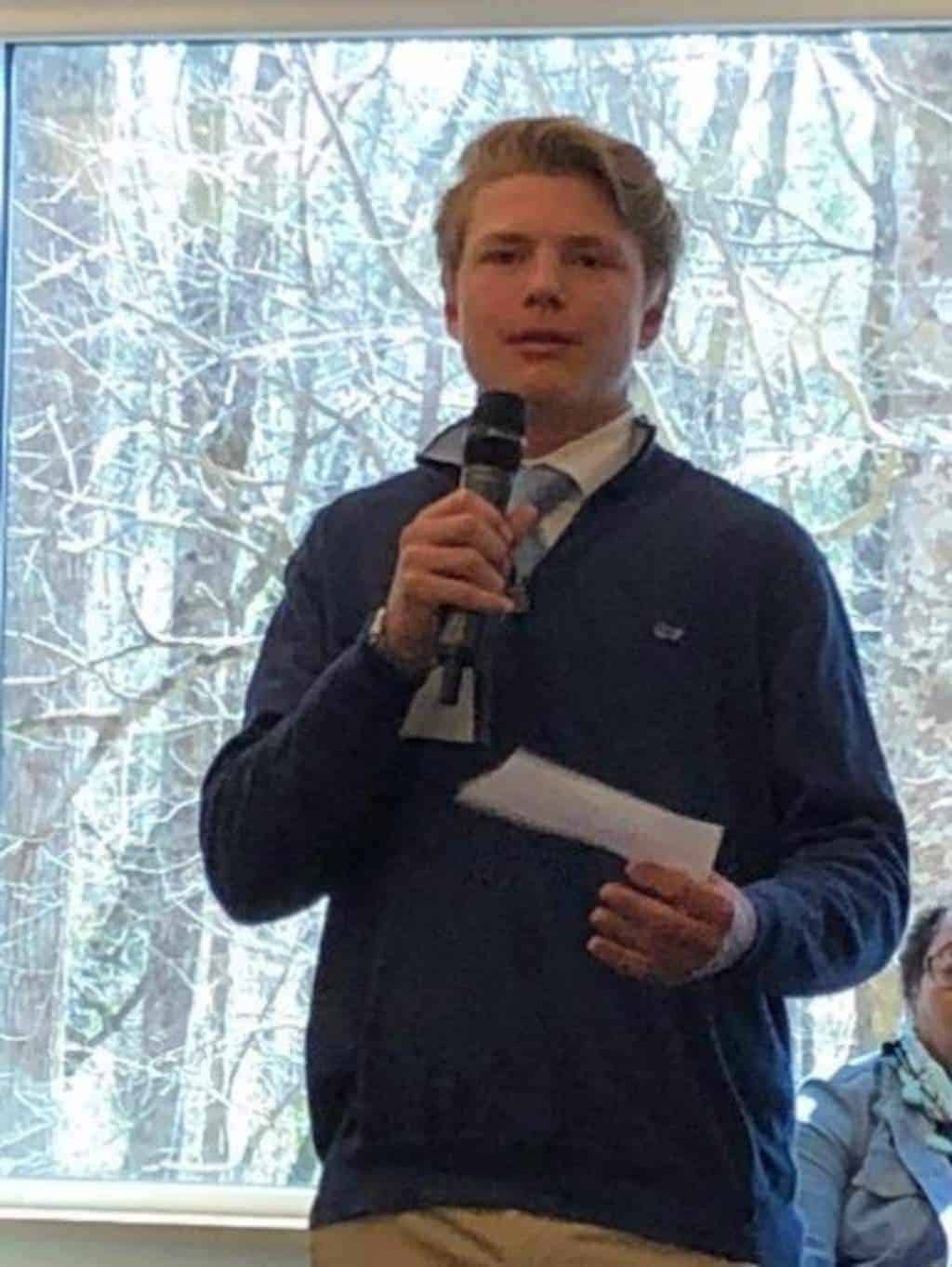

One of the comments from parents that has increased in frequency through my career is that their student “just doesn’t get Social Studies.” And honestly, why should they? Due to the standardized testing that does occur in Reading and Math, elementary schools focus most of their efforts on those subjects. Teachers that I have interviewed all stated that they tend to gloss over Social Studies because it is not a course that it tested in elementary, giving it less value to the teacher’s performance. Even when science testing begins in 5th grade, still the remaining core course, Social Studies, is the one that does not have an exam.
In middle schools, it is the same situation. Math, English, and Science are all tested, but Social Studies is not. Social Studies often becomes the lost course, seemingly following the footsteps of Latin or Greek toward obscurity. It is no wonder that high school kids tell their parents that they “don’t get” Social Studies. They have little serious or intensive exposure to it before they reach ninth grade. Then, trying to cram the History of the World into one semester overwhelms students and gives them a decreased motivation for the core Social Studies courses that has been glossed over thus far in their education.
In my 17 years of teaching high school in North Carolina, the primary course of my career, Civics & Economics, has undergone many changes making it a much weaker course. When I first began teaching, the Civics course had a state-mandated End-of-Course examination where students were required to earn a certain score on the test to pass the class and receive credit. Regardless of the student’s grades in the class, if they did not pass the state exam, they did not pass the course. The exam itself gave students motivation to succeed, knowing that they could not graduate from high school unless they passed the Civics course and exam. In fact, both Civics and US History had required End-of-Course tests that had to be passed to earn credit.
Then, allegedly due to the economic cost of testing, North Carolina dropped both End-of-Course tests from Social Studies while keeping the EOC tests in Math 1, English 2, and Biology. That meant the incentive to score well on exams in Social Studies classes vanished. End-of-Course tests in Social Studies were replaced with NC Final Exams. These new tests do not require a specific state-wide score for students to pass. In fact, a student can mathematically score a zero on the NC Final Exam and still pass the course in the state of North Carolina. Where is the motivation for students when you know that you can pass a class without the final?
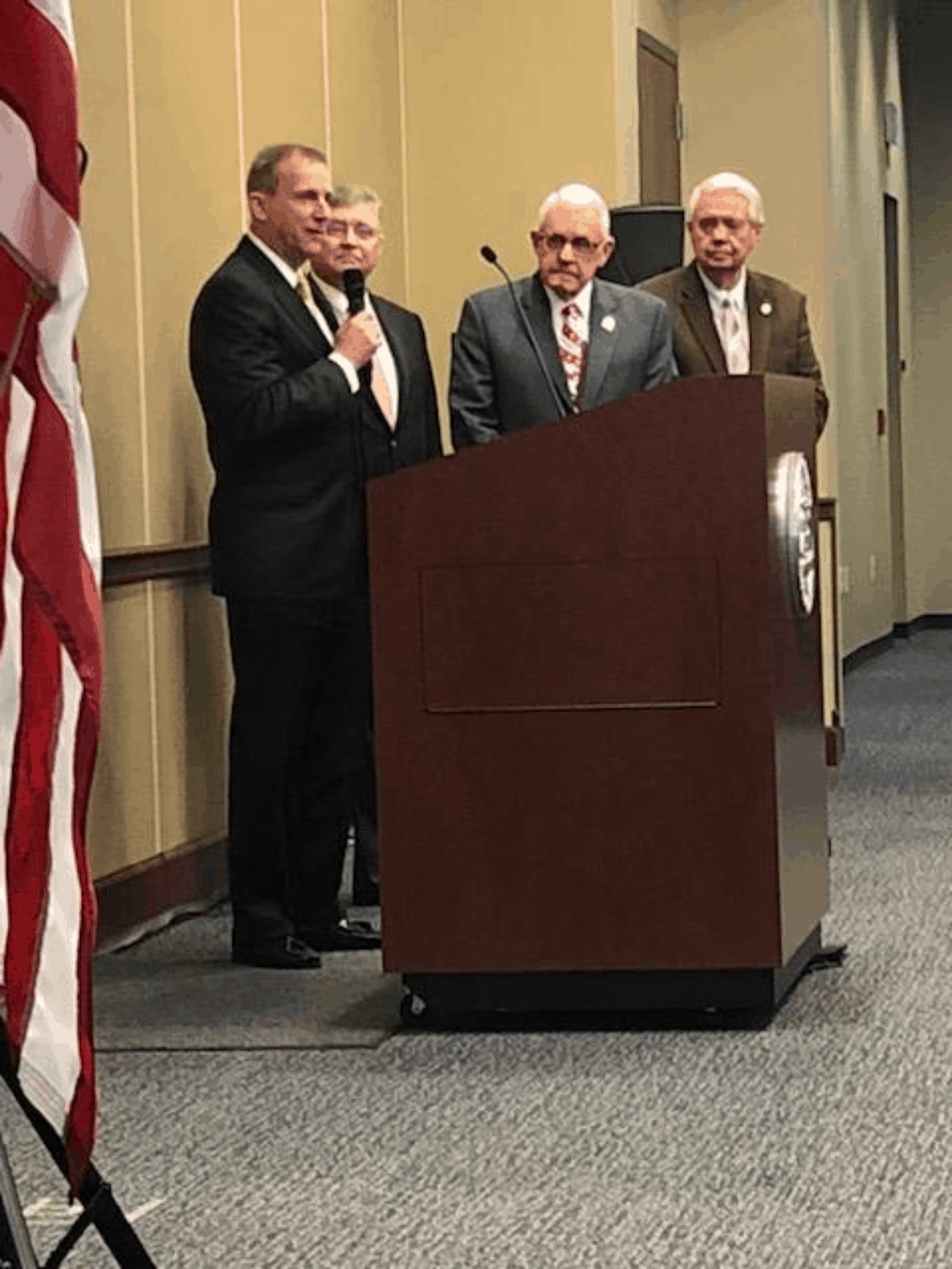

Recently, I attended the Onslow County Close Up program, where, during the luncheon, students got to ask questions to our North Carolina representatives. One of my students asked the perfect, if slightly planted, question for this article. He asked, “Why isn’t there a Social Studies course that calculates into school growth and would any of you be willing to sponsor a bill to change that and make Social Studies matter?” Senator Harry Brown, Representative George Cleveland, Representative Phil Shepard, Representative Bob Muller all stressed that Social Studies should count just as much as all the other core courses. In fact, Rep. Cleveland said that with all the issues and tragedy going on in America today, Social Studies might matter more now than ever. After meeting with our representatives and bringing this issue to light, I am hoping that one or more of those elected officials will act and sponsor a bill that can make Social Studies matter again.
To restore Social Studies as an integral part of a students’ learning again, the North Carolina General Assembly can adopt one simple change. Bring back the End-of-Course exam for the American History: Founding Documents, Civics and Economics course. As a course primarily taught to seniors, it would not interfere with other EOC exams and gives the possibility of one core subject EOC for each year of high school. While I understand the financial considerations that would go into creating, field testing, securing, and then administering another EOC exam, the benefit of giving a more accurate measurement of North Carolina public schools easily outweighs the cost, and should be a focus of our elected politicians.
Social Studies would then factor into the growth model of a school. Social Studies would account for 25 percent of a school’s growth, equivalent to the other core subjects. Upper-level high school Social Studies teachers would finally have some relevance concerning growth. Finally, Social Studies could directly impact the NC School Report Card and school growth, creating a more balanced school and propelling our schools academically into a better place for your children.

